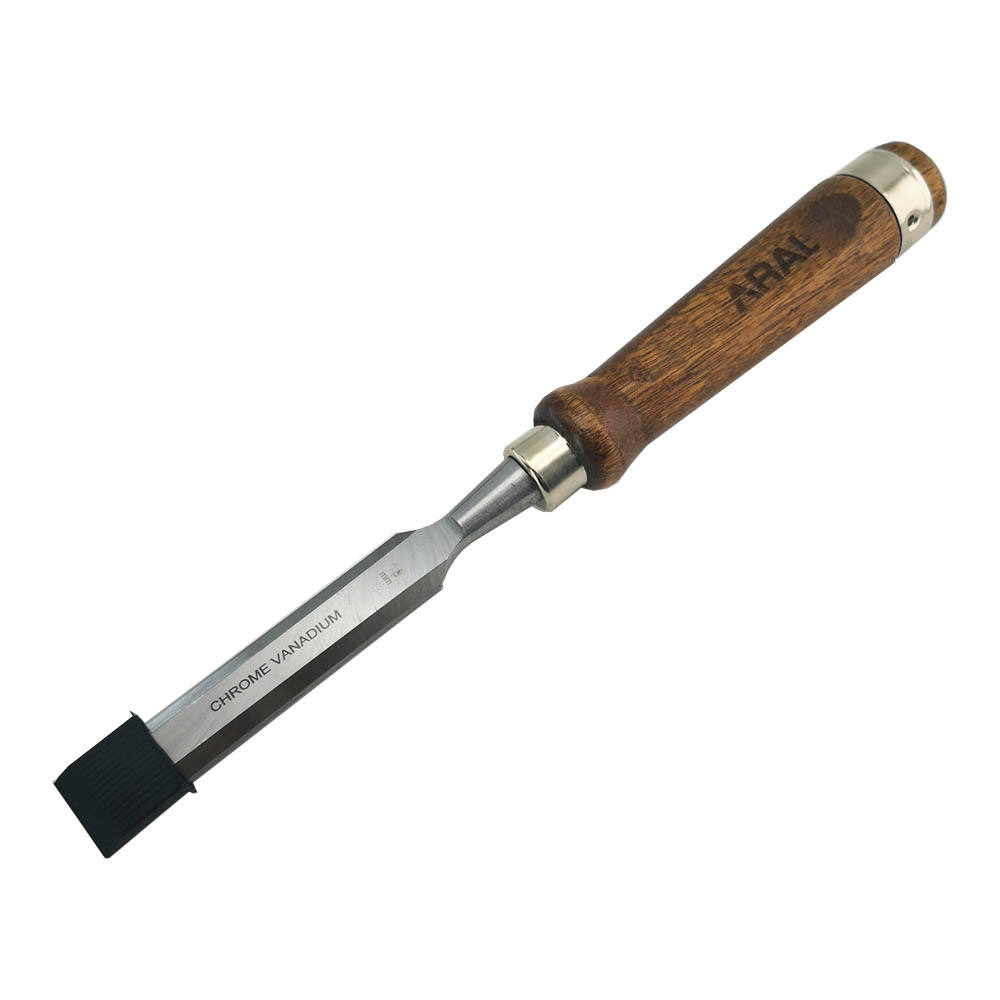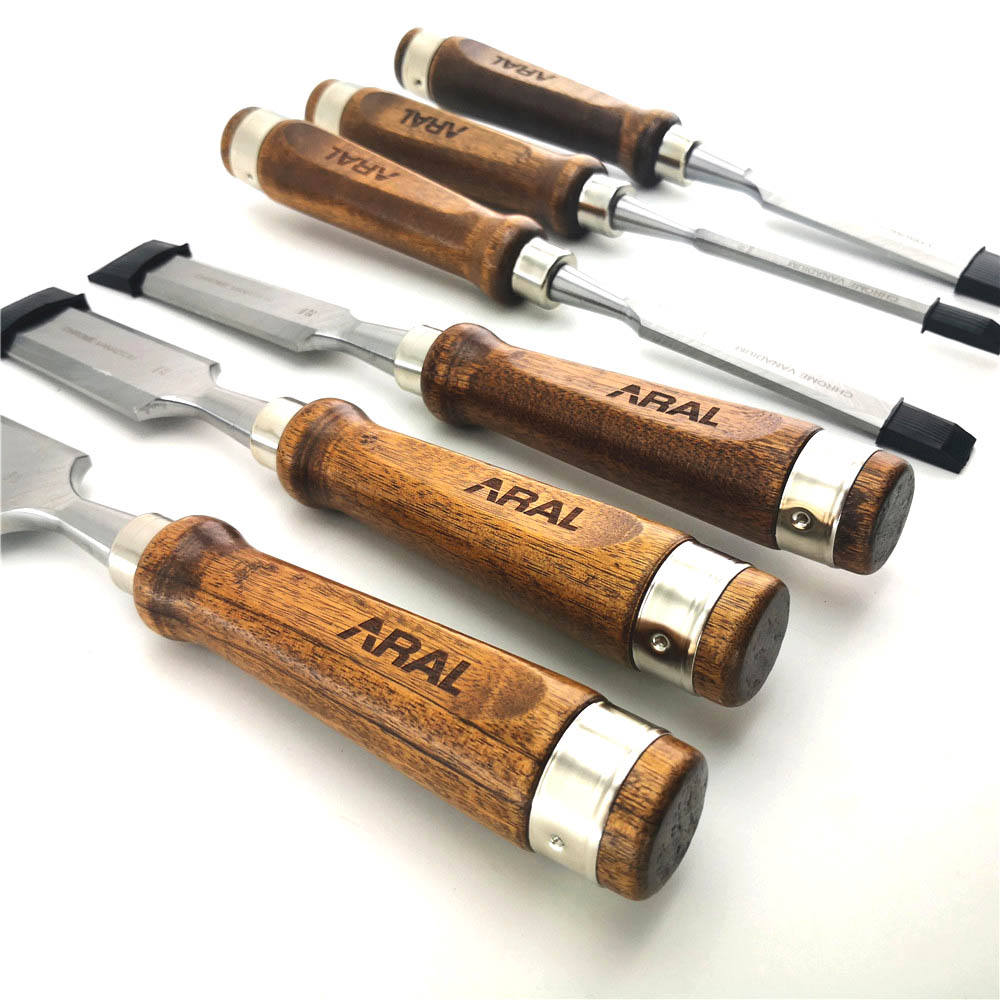Exploring eco-friendly wooden tool handles is a great choice for individuals who value sustainability and want to minimize their environmental impact. Opting for eco-friendly materials and practices in woodworking can help conserve natural resources and promote responsible craftsmanship. Here are some ways to embrace eco-friendly wooden tool handles:
1. Sustainable Wood Sourcing: Choose wood from responsibly managed forests that adhere to sustainable logging practices. Look for certifications such as FSC (Forest Stewardship Council) or PEFC (Programme for the Endorsement of Forest Certification) that ensure the wood is harvested in an environmentally and socially responsible manner.
2. Reclaimed Wood: Consider using reclaimed wood for your tool handles. Reclaimed wood comes from salvaged sources such as old barns, furniture, or construction sites, reducing the demand for new timber and minimizing waste.
3. Local Wood Species: Opt for locally sourced wood species to reduce the carbon footprint associated with transportation. Using wood that is readily available in your region supports local economies and reduces energy consumption.
4. Non-Toxic Finishes: Choose non-toxic finishes such as natural oils, waxes, or water-based varnishes. These finishes are safer for both the environment and the woodworker, as they release fewer harmful chemicals into the air.
5. Minimal Waste: Efficiently plan your cuts to minimize waste during the woodworking process. Utilize offcuts for smaller projects or consider composting wood scraps.
6. Hand Tools and Techniques: Utilize hand tools and traditional woodworking techniques that require less energy consumption compared to power tools. Handcrafting wooden handles can also foster a deeper connection with the materials and the process.
7. Durability and Longevity: Craft wooden handles with durability in mind. A well-made handle can extend the life of a tool, reducing the need for replacements and conserving resources in the long run.
8. Educational Approach: Educate others about the benefits of using eco-friendly materials and techniques in woodworking. Encourage fellow woodworkers and enthusiasts to make environmentally conscious choices.
9. Disposal Considerations: Should a wooden tool handle need replacement, consider repurposing the old handle for other projects or composting it if applicable.
10. Share Your Process: Share your experience of creating eco-friendly wooden handles with others. Document your journey through social media, woodworking forums, or workshops to inspire and educate fellow craftsmen.
11. Community Initiatives: Engage with local woodworking groups or organizations that promote sustainable practices. Participating in community initiatives can amplify your impact and contribute to a broader movement.
12. Embrace Imperfections: Allow natural imperfections in the wood to shine. Knots, grains, and variations add character to the handles, making them unique pieces of craftsmanship.
By adopting eco-friendly practices in crafting wooden tool handles, you contribute to the preservation of forests, the reduction of waste, and the promotion of sustainable woodworking techniques. Your choices as a woodworker can make a positive impact on both the environment and the craft itself.


